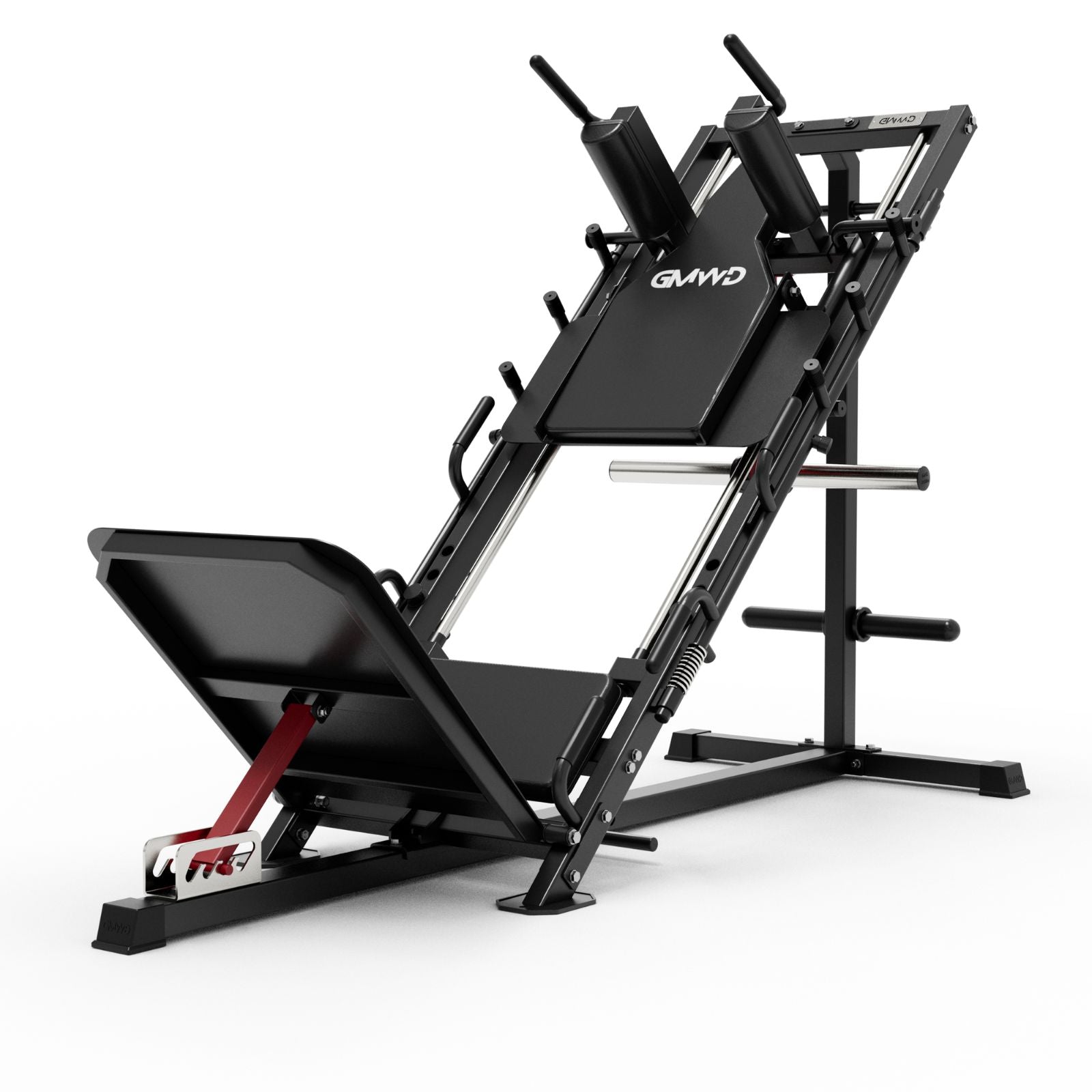If you’ve started building your home gym or upgrading your commercial space, the Olympic barbell is probably high on your list. It’s the foundation of nearly every strength training routine—squats, deadlifts, presses, cleans. But once you start browsing online or checking out local shops, the question hits hard: how much does an Olympic bar cost? And how do you spot cheap Olympic bars that aren’t just... cheap?
Let’s break it down so you make a smart buy, not an expensive mistake.
What’s the Average Cost of an Olympic Bar?
A standard 7-foot Olympic barbell (45 lbs/20 kg) can range widely in price—from $100 to over $600, depending on materials, construction, and brand reputation. Here's a general guide:
-
Entry-Level Bars: $100–$180
These are usually made with lower tensile strength steel and have basic bushings instead of bearings. Ideal for beginners or casual home lifters. -
Mid-Tier Bars: $200–$350
Great for intermediate lifters. These bars usually have better knurling, stronger steel (around 190k–205k PSI tensile strength), and smoother spin. -
High-End Bars: $400–$650+
These are professional-grade bars used in competition or advanced training. Expect precision bearings, top-tier steel, and refined whip.
Are Cheap Olympic Bars Worth It?
That depends on how you train. If you're doing basic lifts like squats, bench press, and deadlifts a few times a week, a budget barbell can absolutely get the job done. Just make sure it meets the basics:
-
Standard 2-inch sleeves to fit Olympic plates
-
Weight capacity of at least 600 lbs
-
Tensile strength above 150k PSI
-
Decent knurling for grip, but not cheese-grater aggressive
What you don’t want is a bar that bends under moderate load, has sleeves that seize up mid-lift, or feels awkward in your hands due to poor balance.
Personal Take: The Bar That Surprised Me
Years ago, I bought a no-name barbell off a clearance rack at a local gym supplier for around $130. It was meant to be a “temporary” bar while I waited on a more premium model to ship. To my surprise, that bar held up to years of punishment—deadlifts over 400 lbs, snatch grip pulls, even some CrossFit-style metcons. The sleeves didn’t spin like butter, but the bar never bent, rusted, or let me down.
It taught me that price doesn’t always equal performance—especially if you know what specs to look for.
Where to Find Olympic Barbell Deals
If you're hunting for Olympic barbell deals, timing and sourcing matter. Here are a few solid tactics:
-
Buy during major sales: Black Friday, New Year, or Memorial Day often bring steep discounts.
-
Look for gym closures or second-hand sellers: Facebook Marketplace and Craigslist can be goldmines if you inspect before buying.
-
Bundle deals: Some fitness brands offer discounts if you buy the bar with plates or racks.
-
Sign up for newsletters: Brands often reward subscribers with early access or coupon codes.
Online retailers like Titan, Fringe Sport, Rep Fitness, and Bells of Steel often run rotating promotions—just keep an eye out and move fast when a good deal drops.
Final Thoughts: Don’t Overpay, But Don’t Underthink It
An Olympic barbell isn’t just a piece of steel—it’s the spine of your training. You don’t need to spend $500, but investing in a bar that meets your strength level and goals is worth every penny. Aim for the best balance of quality and cost that fits your training style. And remember, the best barbell is the one that keeps you lifting safely and consistently.










































Leave a comment
This site is protected by hCaptcha and the hCaptcha Privacy Policy and Terms of Service apply.